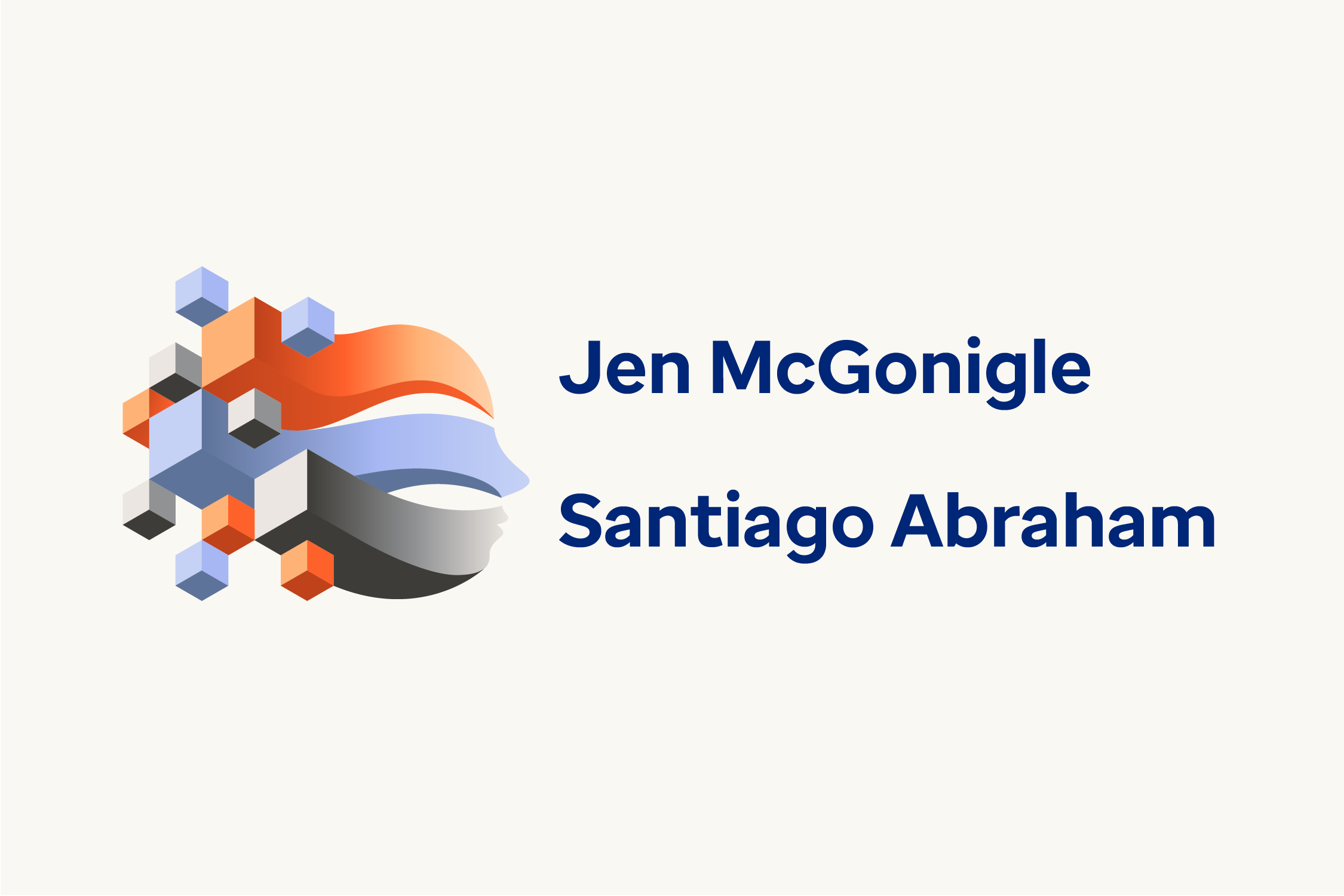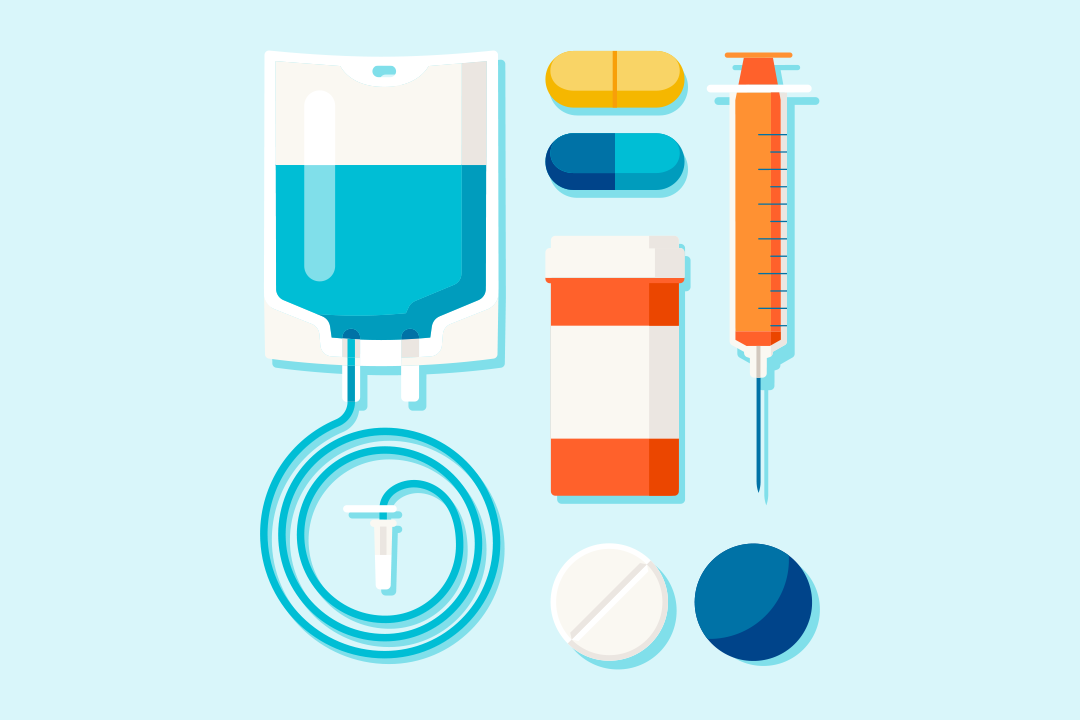Explore insights by category
Drug Pipeline Insights Reports | Preparing for the GLP-1 Era | Regulatory updates | Videos | On-demand webinars | Podcasts | View all
Latest featured insights

Article
Two AI experts share insights on how we’re using AI and advanced technology to improve everything from trend prediction to member services.

Article
From fertility to menopause, smarter women's health benefits drive retention, reduce costs and support evolving workforce needs.

Article
Hundreds of clinical trials are vetting GLP-1s to treat everything from Alzheimer’s to arthritis. The question is: How will we afford it?

Article
From GLP-1s to oncology, learn which new and upcoming drugs could become additional sources of pharmacy spending.
Drug Pipeline Insights Reports
![First Oral GLP-1 Drug for Weight Loss [Report]](/content/dam/optum-dam/images/business/pharmacy/pharmacist-with-pills-1080x720.jpg)
Report
Explore 3 new drugs for chronic conditions including obesity, severe asthma and hives (also known as urticaria).
![New Drugs for Alzheimer's, Multiple Sclerosis & More [Report]](/content/dam/optum-dam/images/business/insights/notable-new-drugs-booklet-1080x720.jpg)
Report
First self-administered Alzheimer's therapy shifts costs to pharmacy plans, plus first treatments for MS and bronchiectasis.

Report
New drugs for myasthenia gravis and hereditary angioedema will be easier to take, more effective, and add competition.
Preparing for the GLP-1 Era

Article
Hundreds of clinical trials are vetting GLP-1s to treat everything from Alzheimer’s to arthritis. The question is: How will we afford it?

Article
After revolutionizing care for diabetes and weight loss, GLP-1 drugs are being eyed for more. Can we afford it?

Regulatory updates

Report
As legislation impacting PBMs ramps up again at the state level, the Trump administration signs drug pricing executive order in Washington, D.C.

Report
Learn what’s at stake for pharmacy benefits sponsors as federal oversight changes and state legislative sessions begin.

Article
In this conversation, learn the implications of new pharmacy legislation and rulemaking, and how you can manage your benefits effectively.
Latest videos
![How Optum Rx Goes Further to Promote Transparency [Video]](/content/dam/optum-dam/resources/videos/business/pbm-videos/pbm-thumbnail-video-page-2.jpg)
Video
We’re redefining pharmacy benefit management with full transparency. Explore how our platform delivers unmatched access to detailed data and insights.
![Creating a Better Pharmacy Experience [Video]](/content/dam/optum-dam/resources/videos/business/pbm-videos/pbm-thumbnail-video-page-1.jpg)
Video
We’re committed to a best-in-class member experience built on affordability, accessibility and compassionate support from knowledgeable benefit experts.
![Delivering Better Value for Our Plan Sponsors [Video]](/content/dam/optum-dam/resources/videos/business/pbm-videos/pbm-thumbnail-video-page-3.jpg)
Video
We partner with you to determine which solutions – designed to ease rising drug costs and support better health outcomes – best match your pharmacy needs.
Latest on-demand webinars

On-demand webinar
From specialty pharmacy to drug affordability, our experts tackle your biggest pharmacy challenges.
Latest podcasts
Podcast
Listen to our resident experts discuss critical industry challenges and the solutions you need to control rising drug costs.
